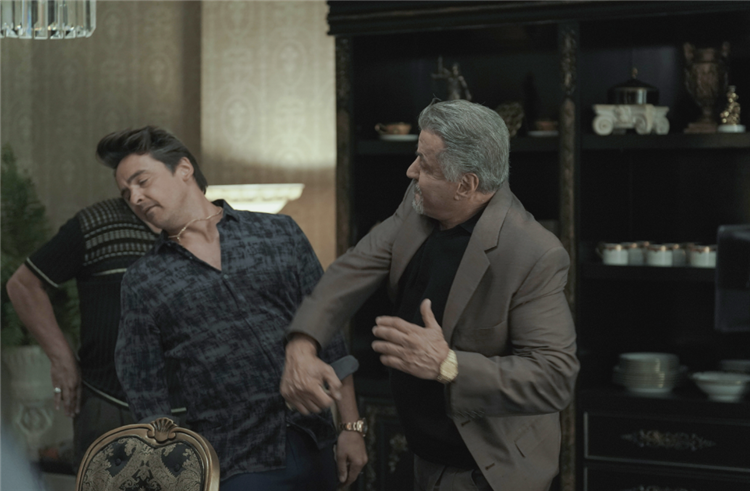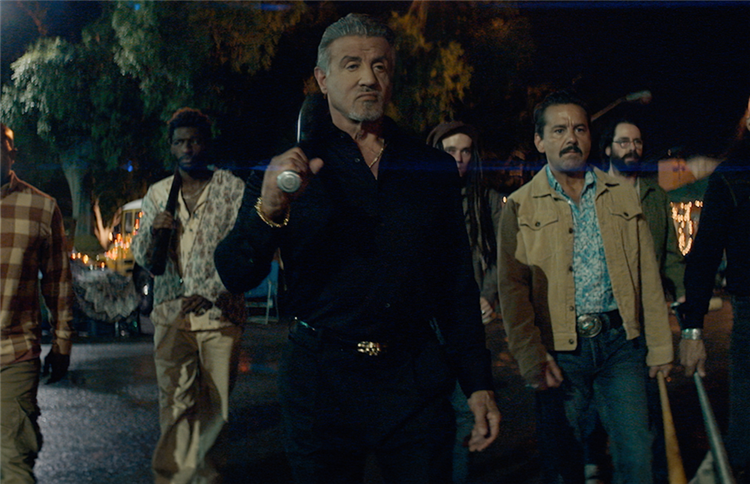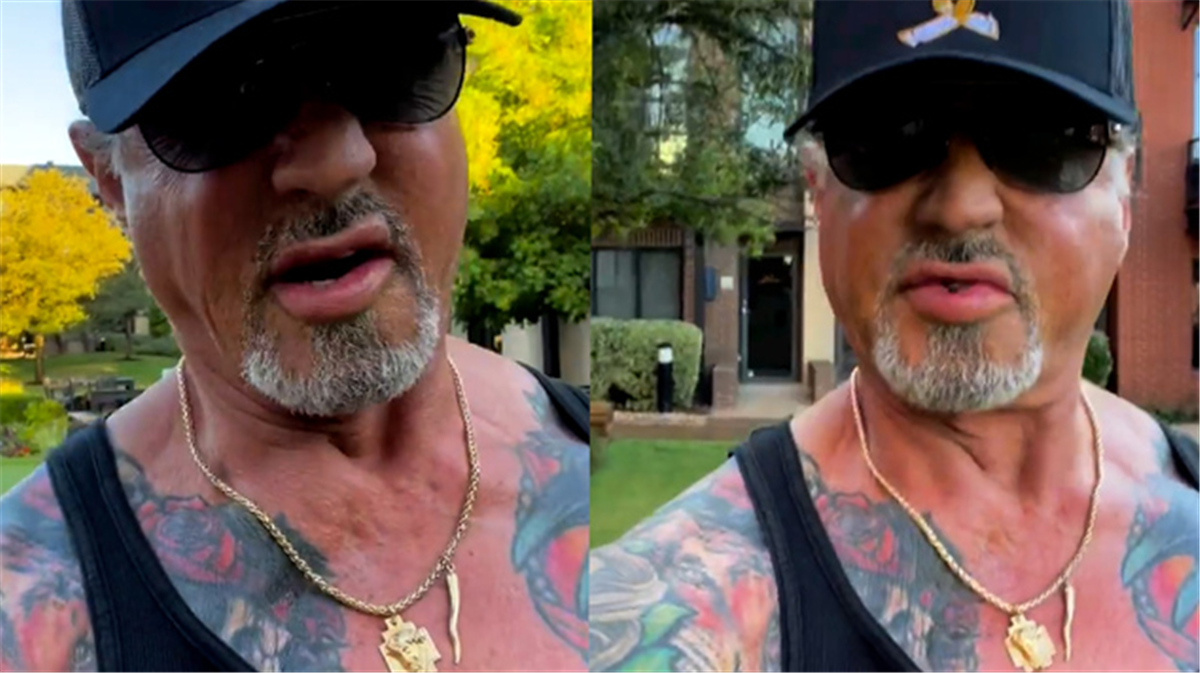In the 1980s, we would have all said the same thing if Sylvester Stallone had agreed to appear in a TV series.
Rocky Balboa’s career was unfortunate since it ended just as he seemed to be peaking.
Back then, cinema stars produced their own films, while TV stars made every effort to transition to the big screen. Just ask Will Smith, George Clooney, Tom Hanks, and Bruce Willis.
Now? Movie stars rush to make TV projects, eager to bask in the often-superior writing and zeitgeist-friendly titles. You can thank Kevin Spacey for popularizing the shift.
So seeing Stallone star in Paramount+’s “Tulsa King” late last year sounded like a smart move.
Even better? Stallone teamed with “Yellowstone” co-creator Taylor Sheridan, the hottest scribe in Hollywood.

“Tulsa King” proved so successful the Paramount suits quickly greenlit a second season. Stallone, a co-producer on a show shot in Oklahoma, delivered one of his best performances in years as Dwight “The General” Manfredi.
He’s a New York mafioso sent to Tulsa to start “earning” in a new state. In reality, his mob family wants him out of its hair … permanently.
The nine-episode season delivered yet another antihero, an unrepentant ex-con willing to do whatever’s necessary to make ends meet.
Extortion. Violence. Murder.
Yet Stallone’s character is both the protagonist and the saga’s hero. He’s also unabashedly old-fashioned, from his musical tastes to his impeccably tailored suits.
He makes millions and he looks like a million bucks while doing it.
There’s something else that’s unmistakable about the series. Dwight’s traits, and often his results, are captured in an unabashedly positive light. And they represent a raw masculinity that, we’re told, is no longer acceptable in polite society.
He’s seen as a role model and mentor to Tyson (Jay Will), a savvy business associate for Bodhi (Martin Starr) and a caring pappy to his estranged daughter, Tina (Tatiana Lia Zappardino).
Dwight doesn’t shrink from any battle. He charges forward, always. His masculinity jumps off the screen early and often, whether it’s being fearless in times of danger or treating the women in his life with as much gallantry as he can muster.
He brings flowers along to his date with ranch owner Margaret (Dana Delany) and plants a gentle kiss on his frenemy, ATF agent Stacy Beale (Andrea Savage) after a near-death experience.
Xem bài viết này trên Instagram
He’s not just the anchor of the show but of the rag-tag mob he forms to keep his criminal enterprise afloat. He’s a leader, and they’ll follow him anywhere.
Late in season one a minor character stands up and assails Dwight for getting her, and her friends, into their current predicament. It’s your fault, she says. And she’s right.
So does she up and leave her erstwhile leader? Not a chance.
And it’s Stallone, of course, who gives Dwight a raw charisma that aids any screenwriter tasked with giving his character life.
Anti-hero sagas brim with complexity. We always knew Tony Soprano was a monster and felt badly when we cheered him on. The same proved true with Walter White, doomed by a cancer diagnosis and his rise in the criminal underworld.
“Tulsa King” feels more generous to its protagonist.
Yes, he’s crushed by regret for losing 25 years behind bars and missing out on meeting his grandchildren. He’s still unable to shake the manly elements so vital to his persona.
And “Tulsa King” leans into it. We’re even told how manly it was for Dwight to do his 25 years without snitching on his fellow mobsters.

Sheridan is renowned for avoiding woke pitfalls, and conservatives crave “Yellowstone” for its neo-western sheen and rugged characters. The show runner isn’t gunning for Heartland hugs here. He just wants to tell a rippin’ yarn.
That describes “Tulsa King” to a T.
The moral complexity of the show invites skeptics, of course. Is it accepting of masculinity? more so even.
That leaves a difficult question.
Will Dwight’s manhood be celebrated in the second season of the show as much as it was in the first? That might depend on how much say Sheridan has over the result.
